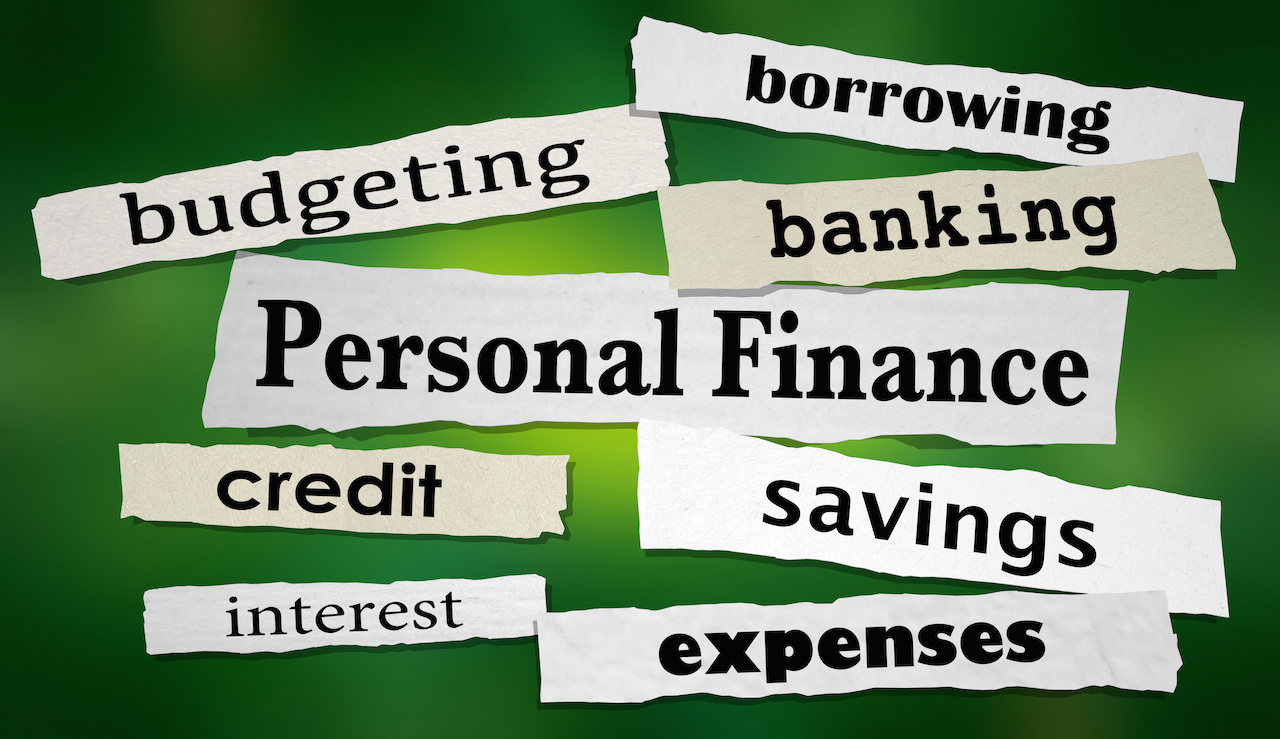This article is for informational purposes only and should not be relied on as financial advice.
Summary:
- With many of the relief programs and rent moratoriums under the CARES Act soon expiring, we sat down with Lisa Levy, former banking executive, to share her personal advice for dealing with rent or mortgage payments.
- Lisa shares her recommendations on everything from prioritizing bills to creative solutions, like bartering, to help lower your rent.
With many of the relief programs and rent moratoriums under the CARES Act soon expiring, many consumers may be concerned about how they are going to pay their bills and avoid eviction or a foreclosure.
We sat down with Lisa Levy, former banking executive, to share her personal advice for dealing with rent or mortgage payments, as well as a few creative solutions like setting up a bartering system, to help make ends meet. Check out the Q&A below.
With the additional $600 in unemployment benefits running out after this month and moratoriums on rent and mortgages being lifted, what advice can you give tenants and homeowners if they cannot pay their rent or mortgage?
The rule of thumb is to have emergency savings of at least six months, but most people cannot do that. Regarding rentals, the best approach is to go to management or the owner with your situation. This isn’t just a local problem; it’s a national problem and everyone is aware of it. I would hope that landlords and financial institutions will be more lenient because it’s a national issue.
Mortgages are different; you need to discuss the situation with the financial institution or lender. People can try to refinance, but that means paying a fee, and that can be expensive unless the financial institution is willing to ‘forgive’ that.
The interest rates are so low right now so maybe the banks would be willing to work something out. For renters, some mayors and governors are suggesting for landlords to take the one month security and put it toward one monthly payment, but that ‘s just one payment and it has to be paid back. That doesn’t really help anybody who is in dire straits. And you most likely won’t qualify for a bank loan unless you have some collateral. However, while it’s an option, you really shouldn’t put your home up for collateral with a home equity loan since you could lose your home.
Another option could be to sell your home and take that money and move into a rental, but that would be a last resort.
Is a tenant or homeowner able to renegotiate their rent or mortgage, especially since an empty apartment and foreclosed home costs the landlord and bank money?
I don’t know what the banks are going to do. The interest rates on savings accounts are one percent or lower. Maybe a landlord would lower the rent for a short period of time. It depends on how many units they own and how much they have invested in their property.
What some people may want to do is to stop using their credit card for the time being or find a card that has no percentage for six months to a year. They may be able to take a cash advance, but it’s up to each individual institution. The smaller banks may be more amenable to it.
Are there any protections that tenants and homeowners should know about but most likely don’t? Any other local, state or federal programs?
I would recommend checking the websites of your local and state governments as well as the Federal government’s site to find out about any other relief programs.
If someone needs an attorney but cannot afford one, what should they do?
The first place to go is always legal aid on the local level. There are a lot of attorneys who do pro bono work, and they will assign somebody based on your income, your situation, and your locality. The next choice is to call the American Bar Association in your city or state.
What are your thoughts on rent or mortgage forgiveness? How long should it last?
I don’t believe a bank would ever forgive a few mortgage payments, but I can’t speak for each institution. I don’t think a landlord would forgive any months because they still have to pay taxes, water, sewer, employees, and more.
How should a tenant or homeowner prioritize their bills? Should rent/mortgage always be the first bill paid?
I would say that food is the number one priority, but since there are a number of food banks that you can go to if needed, then rent or mortgage payments would be the most important. However, people have to look at their expenditures and potentially stop using their credit card temporarily. Maybe they can cut some of their cable expenses or maybe they don’t need a landline and a cell phone. Any way you can cut down the monthly expenses—even if it’s $40 or $80 or $100—that saved money becomes significant when you’re not bringing in any money and you don’t know when you will be.
Any other tips or advice you can give to tenants and homeowners?
If a landlord had to lay off or furlough some employees and a tenant has a specific skill, they could possibly set up a barter system. If someone is a painter or a carpenter or a handyman (or woman), maybe they can work by the hour and get a credit that would reduce their monthly rent. It might be a problem if they’re not in the union, so that needs to be addressed first.
People can look into their IRAs and 401Ks and borrow against that if necessary. The CARES Act allows you to take up to $100,000 without a penalty. However if you’re in your 50s or older, it’s a huge risk to do that because you want this money to supplement social security when you retire, and time is not on your side to replenish that money. If they are in their 20s or 30s, they may be able to make up the difference when things get better.
Do you have any other general thoughts about resources consumers should look into or what they should know about finances?
I would go to the financial institutions they are already with and try to negotiate a payment plan and/or some type of temporary reduction and go to their landlord if they are renting. If they have a mortgage and their bank won’t work with them, there’s no harm in walking into a smaller bank and see if they would assume the mortgage and help them out in some way.
This situation involves millions of people and some institutions have to be scrambling right now to come up with better solutions for the people who are affected. If 10,000 people walked into a major bank tomorrow asking for a solution, I don’t know how the bank would handle that.




















